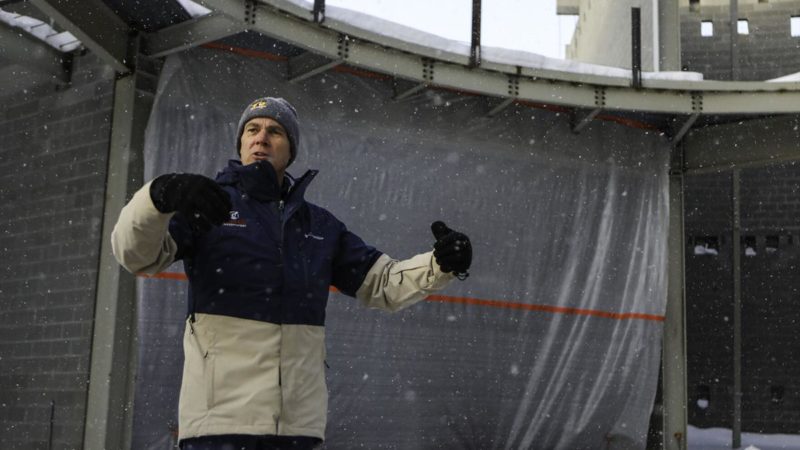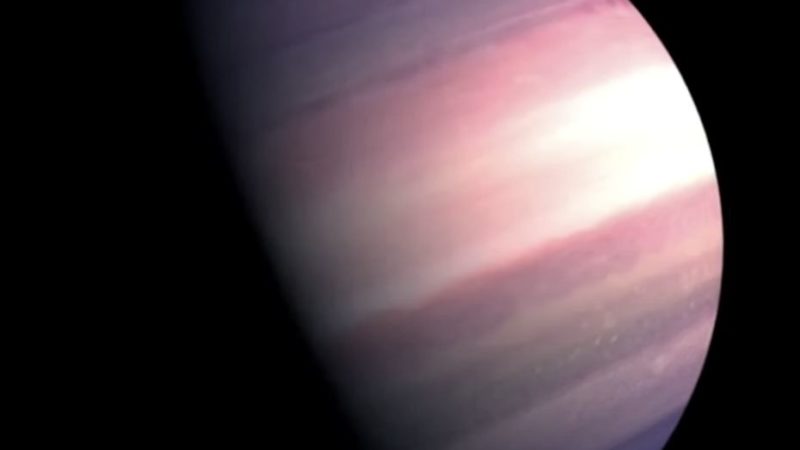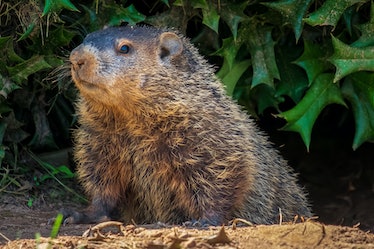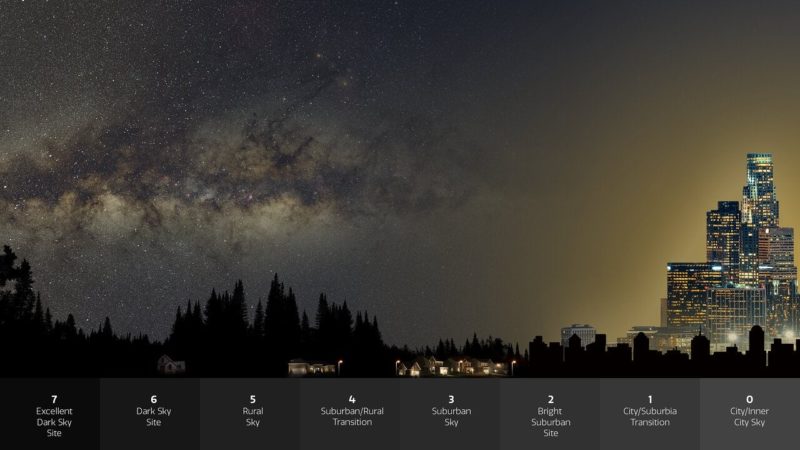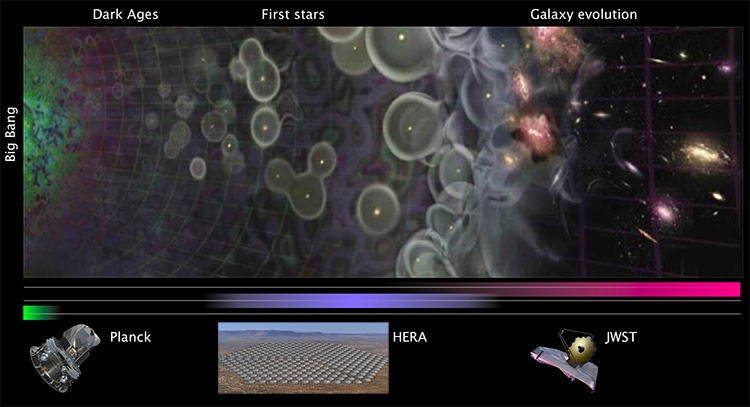Heather Couper, 1949–2020 – Astronomy Now Online
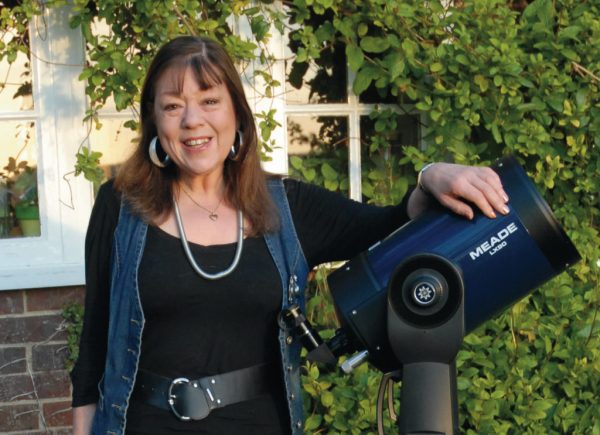
Heather Couper, one of the UK’s most prolific astronomy broadcasters and writers, who inspired many to take up stargazing, has died at the age of 70.
Couper came to prominence in the 1980s, writing and presenting two landmark Channel 4 television series, The Planets (1985) and The Stars (1988), as well as The Neptune Encounter (1989) for ITV, which was made under the auspices of her production company Pioneer Productions, which she founded with her long-time friend and collaborator Nigel Henbest and director Stuart Carter. She also narrated Pioneer Productions’ award-winning Channel 4 documentary Electric Skies (1994), about lightning, as well as the ten-part Raging Planet series (1997) and Space Shuttle: Human Time Bomb? (2003). Couper has also presented numerous radio documentaries, including Radio Four’s Cosmic Quest about the history of astronomy, and the long-running Seeing Stars on the BBC World Service, presented alongside Nigel Henbest.
She graduated from the University of Leicester with a BSc in Astronomy and Physics, although by her own admission in an interview for The Independent (for whom she was also a columnist), she was not a model student at school or university. However, it was her passion for astronomy, having witnessed a green meteor as a child, that spurred her on. After leaving research half way through her PhD studies at The University of Oxford, she joined the planetarium at the Royal Observatory, Greenwich as Senior Lecturer, where she remained until 1983 when she departed to pursue her media career.
Couper helped break down boundaries for women in astronomy. The year after leaving Greenwich she was elected President of the British Astronomical Association – the first woman, and the second youngest person (at the age of 35), to hold the position. Between 1987 and 1989 she held the position of President for what is now known as The Society for Popular Astronomy. She was one of the speakers at the very first European AstroFest conference in 1992.
In 1993, she became Professor of Astronomy at Gresham College in London – the first female professor at Gresham in its 400-year history (Carolin Crawford and Katherine Blundell have since followed in her footsteps), where she gave public talks on astronomy for three years. And of course, as one of the public faces of astronomy on television, she inspired many girls, as well as boys (including a certain Editor of Astronomy Now magazine), to take an interest in astronomy.
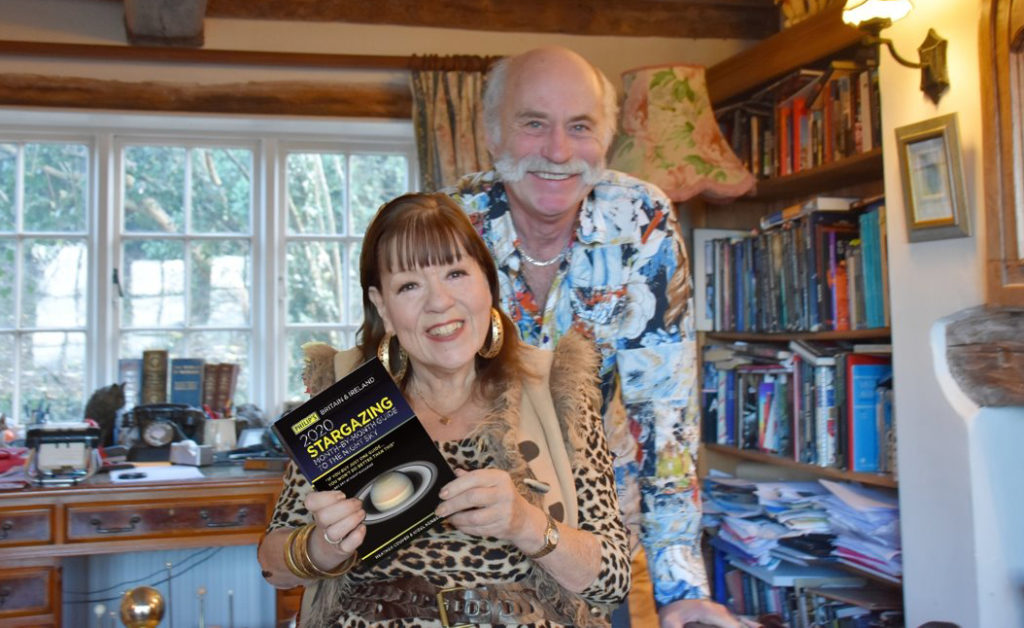
She was also a prolific writer alongside Nigel Henbest, with dozens of titles spanning forty years, including companions to her TV series The Planets and The Stars, The Secret Life of Space, and her most recent books including Philips’ 2020 Stargazing Month by Month and The Universe Explained: A Cosmic Q&A, published by Firefly.
In 1994 Couper was elected to serve on the Millennium Commission, which dished out money raised by the National Lottery to good causes. She remained on the commission until it closed in 2009, and in 2007 she was awarded a CBE by the Queen for her work on both the commission and her life-long mission to promote astronomy.
Couper also has an asteroid named after her, asteroid 3922 Heather.
She died in her sleep at Stoke Mandeville Hospital in Buckinghamshire, on 19 February 2020, following a short illness.

